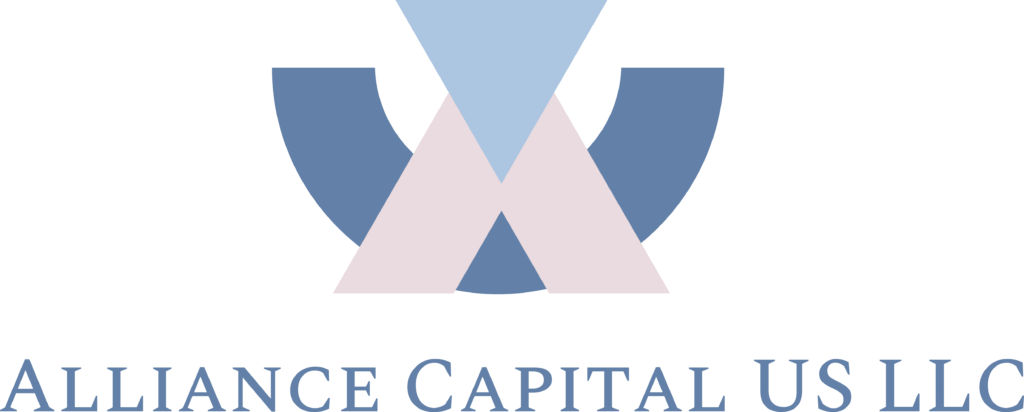As businesses grow, they often find themselves needing additional financing for expansion, meeting payroll, marketing, or to cover other expenses. Sometimes, corporations are financially strong enough to obtain a bank loan as a means of increasing credit. Other times, however, less traditional methods of financing are necessary. For certain companies, traditional bank loans just don’t make sense. Especially business owners that are looking for funding as-needed or don’t want to add more debt to their balance sheet. Banks offer little leverage to meet the additional borrowing needs and can possibly even hurt more than it helps. Let’s break down what’s best for your business — factoring vs. bank loans.

Invoice factoring is a financing solution that helps companies stabilize cash flow by unlocking the cash sitting in unpaid receivables. Also known as accounts receivable factoring, this process involves treating invoices as collateral, which are sold to factoring companies. Your company then receives the cash in advance with each invoice sold. The amount of capital available grows with your business. As long as you have invoices to factor, funding is available!
Working with a factoring company is a solid option for many business owners, but the lending market remains tight. If you’re lucky enough to be approved, the loan amount may not be enough to meet your financial requirements. Plus, you’ll have debt to repay.
Factoring companies offer funding for businesses of all sizes and stages. From start-ups to long-established companies, factoring loans are a smart solution to combat cash flow crunches without taking on additional debt.
